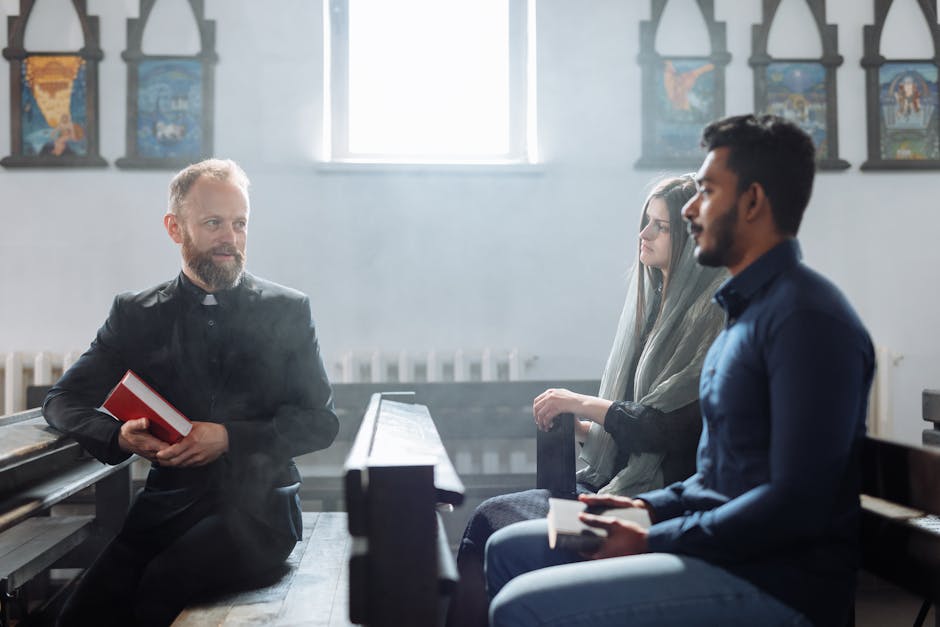Humanity’s enduring fascination with the spiritual realm transcends geographical boundaries and cultural diversities. From ancient temples to modern-day meditation retreats, individuals across the globe seek spiritual guidance for a multitude of reasons. This pursuit isn’t merely a passing fad; it’s a complex tapestry woven from personal experiences, societal pressures, and fundamental human needs. Understanding the motivations behind this profound yearning provides valuable insights into the very essence of our being.
A fundamental driver is the inherent human desire for meaning and purpose. In an often chaotic and unpredictable world, individuals seek a framework that provides a sense of order and direction. Spiritual practices, whether through organized religion or personal exploration, offer a roadmap through life’s complexities, answering questions about existence, morality, and the human condition. This quest for meaning is particularly potent during life’s transitions, such as significant life events like birth, marriage, illness, or death, as individuals grapple with uncertainty and seek solace and understanding.
Another significant motivator is a longing for connection not just with others, but with something larger than oneself. This yearning for connection is a fundamental human need, and spiritual pursuits often provide a means of fulfilling this desire. Whether through participation in religious communities, engaging in meditative practices, or seeking wisdom from spiritual teachers, individuals find a sense of belonging and kinship. This connection might be to a divine being, a higher power, or to a broader cosmic consciousness. Such connections can offer a profound sense of belonging and support, especially during times of hardship or loneliness.
Moreover, individuals are drawn to spiritual guidance in response to profound existential anxieties. Questions about life’s brevity, the inevitability of death, and the nature of suffering often plague humanity. Spiritual exploration offers a potential framework for addressing these concerns, providing solace in the face of uncertainty and a sense of hope in the midst of difficult circumstances. Meditation, prayer, and other spiritual practices can act as tools for managing stress, anxiety, and cultivating resilience in the face of life’s challenges.
The pursuit of well-being is yet another powerful motivation for seeking spiritual guidance. Many find that incorporating spiritual practices into their lives leads to improved mental and emotional health. Practices like mindfulness and meditation have shown demonstrable benefits in reducing stress, enhancing self-awareness, and fostering emotional regulation. Individuals looking for strategies to navigate life’s trials and tribulations often turn to spirituality for support and cultivate inner peace.
A prevalent theme that emerges from the various motivations is the need for personal growth. Spiritual guidance, irrespective of its form, often encourages self-reflection and introspection. This process of examining one’s beliefs, values, and behaviors can lead to significant personal transformation. Religious institutions, for example, frequently provide a framework for moral development, encouraging individuals to cultivate virtues and strive for ethical conduct. Moreover, many spiritual traditions emphasize the importance of personal responsibility and self-improvement.
However, the drive for spiritual guidance is not solely motivated by individual needs. Societal influences also play a significant role. Cultural norms and expectations can significantly impact the ways individuals engage with spirituality. In some societies, organized religion forms an integral part of cultural identity, shaping beliefs and practices. In others, the search for spirituality might be a more individual and personal quest. The nature of one’s immediate surroundings, including the availability of spiritual resources and the prevalence of spiritual practices in the community, plays a critical role in shaping this pursuit.
It’s crucial to acknowledge the diverse nature of spiritual motivations. While some individuals seek spiritual guidance due to a deep-seated sense of longing for connection with a higher power, others may be driven by the desire for meaning or simply by a desire to understand themselves better. A holistic perspective must acknowledge this diversity and recognize the multiplicity of paths that lead to spiritual exploration.
Furthermore, the rise of secular spirituality is notable. Increasingly, individuals are embracing spiritual principles and practices without adhering to traditional religious dogma. Mindfulness, yoga, and meditation have become popular practices outside religious contexts, demonstrating a growing interest in holistic well-being. This secular approach to spirituality highlights the inherent human need for personal growth and inner peace, independent of religious affiliation.
In conclusion, the motivations behind seeking spiritual guidance are multifaceted and deeply intertwined with the human experience. From a quest for meaning and purpose to a desire for connection and personal growth, the underlying impetus is often the profound need for inner peace and well-being. This quest, whether conducted within the structure of a formal religion or through personal exploration, underscores the enduring human desire to connect with something larger than themselves, ultimately shaping the very fabric of our individual and collective existence. Understanding these varied motivations provides valuable insight into the human condition and the enduring allure of the spiritual realm.






